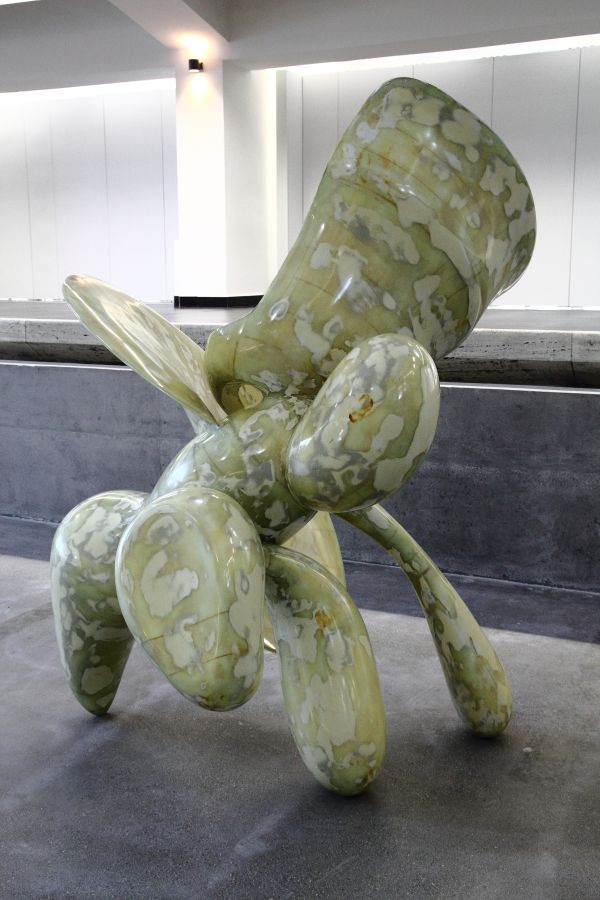
Kjógenu’s farce gets them laughing, even in Japanese
 In Košice we had a chance to see Japanese farce again after only a short time. Like the first performance, Friday can be summed up in one sentence. It was famous, surprised the eyes, made the ears happy, got the heart beating and amused the audience. The Small Kjógenu Theatre from Brno with its guest – master Motohiko Shigejam, of Kyoto’s professional actor of the traditional school, Okura in the main role and in his native language, presented three farces in the historic town hall: Voice at the Door, Tea Caddy and Large Clothing.
In Košice we had a chance to see Japanese farce again after only a short time. Like the first performance, Friday can be summed up in one sentence. It was famous, surprised the eyes, made the ears happy, got the heart beating and amused the audience. The Small Kjógenu Theatre from Brno with its guest – master Motohiko Shigejam, of Kyoto’s professional actor of the traditional school, Okura in the main role and in his native language, presented three farces in the historic town hall: Voice at the Door, Tea Caddy and Large Clothing.
“European Heads in Japanese Costumes”
The descendent of Shimek Shigejam, patron of the unique-in-Europe Brno theatre and the grandson of Sensak Shigejam presented his inborn acting skills as the populariser of the Old Japanese genre which was performed as early as the 12th to the 13th century with breathtaking professionalism. Crystalline humour, which is characteristic for the theatre was able to keep the audience in a happy mood during the performances of the three episodes. The humorous presentation of the farce of everyday people’s lives was given the exotic touch of Japan by “European heads in Japanese costumes” as the Brno actors refer to themselves. They attacked this art and played and felt as if they were real natives from the land of the rising sun. Spectators could tell the difference only because they were talking them in Czech, but with melody and emotion of Japanese. Some dialogs were even performed in the language of their teacher.
In the theatre there were also compatriots, interested to know how Japan sounds on the theatre boards in Europe. The audience included a whole delegation led by the ambassador and other guests who were welcomed to Košice as part of the EU Japan Fest, which is presenting Japanese culture in the European Capital of Culture Košice 2013. And not only did they overcome distance, but also the language barrier.
Without language barriers
 Although Japanese has relatively simple grammar, it is generally considered to be the most difficult language in the world. In Japanese the exact word spoken is not so important, rather the emotional stirrings that it raises. That is very unusual for Europeans.
Although Japanese has relatively simple grammar, it is generally considered to be the most difficult language in the world. In Japanese the exact word spoken is not so important, rather the emotional stirrings that it raises. That is very unusual for Europeans.
The impression left upon audience member Eva says it all: “At times I completely forgot that it is a piece performed in Japanese. It was so close to me and natural that I could understand it. About the Japanese it is said that they are totally different from us, they live on the other side of the globe, the structure of the language is based on completely different principles than Western languages, and yet they are the same and do the same things, they are just coming from the opposite direction. I mean humour. They laugh and have fun about the same things as we do. I really enjoyed their performance. I was pleasantly surprised that the audience also included guests from Japan and that they participated in something that was intended for foreigners. It was so beautifully international in the way that only culture can be. It was refreshing, fun and had deep thought.”
